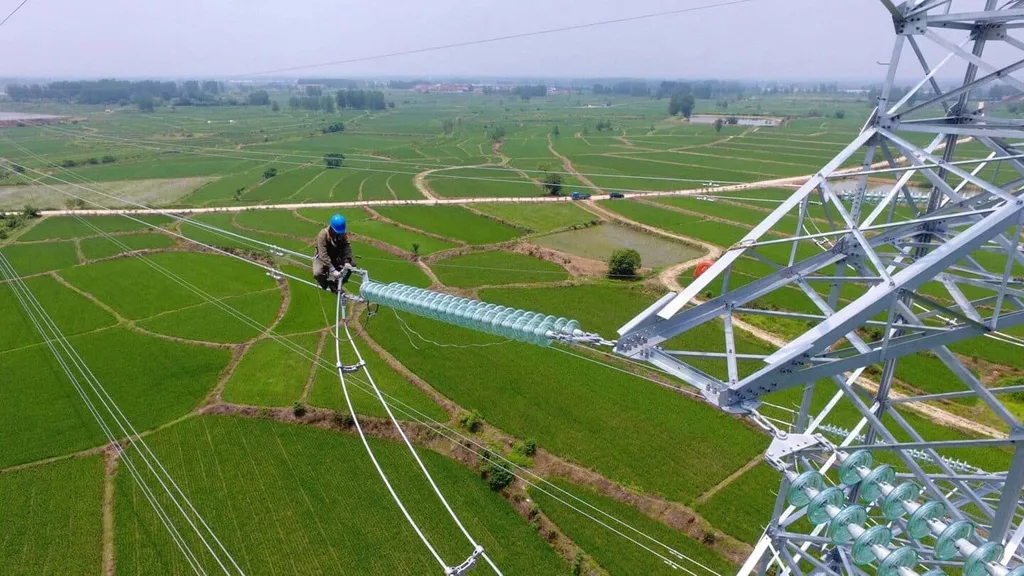In the rapidly evolving energy sector, the integration of renewable energy sources has brought both opportunities and challenges. One of the pressing issues is the stability of active distribution networks (ADNs), which can become unstable as more renewable energies are integrated. Traditional optimization techniques often fall short due to their reliance on accurate uncertainty models and lengthy computation times. However, a recent study published in the journal “IEEE Access” titled “Decentralized Voltage and Var Control of Active Distribution Network Based on Parameter-Sharing Deep Reinforcement Learning” offers a promising solution.
The research, led by Binqiao Zhang from the College of Electrical Engineering and New Energy at China Three Gorges University, introduces a novel approach called Parameter Sharing – twin-delay deep deterministic policy gradient (PS-TD3). This method enhances the stability and efficiency of voltage regulation in ADNs by allowing agents to share parts of their neural network. “The key innovation here is the parameter-sharing mechanism,” explains Zhang. “It enables agents to collaborate more effectively, which is crucial for large-scale ADNs.”
The study highlights the importance of decentralized control in managing voltage fluctuations and reducing power loss. Traditional methods, such as adjusting reactive power and curtailing wind power, are sometimes insufficient. The PS-TD3 framework addresses this by introducing new actions, like reducing photovoltaic (PV) output, when conventional methods fail to maintain voltage stability. “This flexibility is a game-changer,” says Zhang. “It allows us to adapt to different scenarios and optimize energy trading under net metering.”
The researchers conducted simulations using the IEEE 33-node test system, demonstrating that the PS-TD3 approach outperforms other methods in reducing voltage fluctuations and lowering power loss. The findings suggest that parameter-sharing significantly improves the coordination among agents, paving the way for more efficient decentralized voltage control in large-scale ADNs.
The commercial implications of this research are substantial. As the energy sector continues to integrate more renewable sources, the need for stable and efficient distribution networks becomes increasingly critical. The PS-TD3 framework offers a scalable and adaptable solution that can be integrated into existing systems, enhancing their performance and reliability. “This research has the potential to revolutionize how we manage voltage and var control in ADNs,” Zhang notes. “It’s a step towards a more resilient and efficient energy future.”
The study, published in the journal “IEEE Access,” translates to “Institute of Electrical and Electronics Engineers Access,” underscores the growing importance of advanced technologies in the energy sector. As the industry continues to evolve, innovations like PS-TD3 will play a pivotal role in shaping the future of energy distribution and management.

